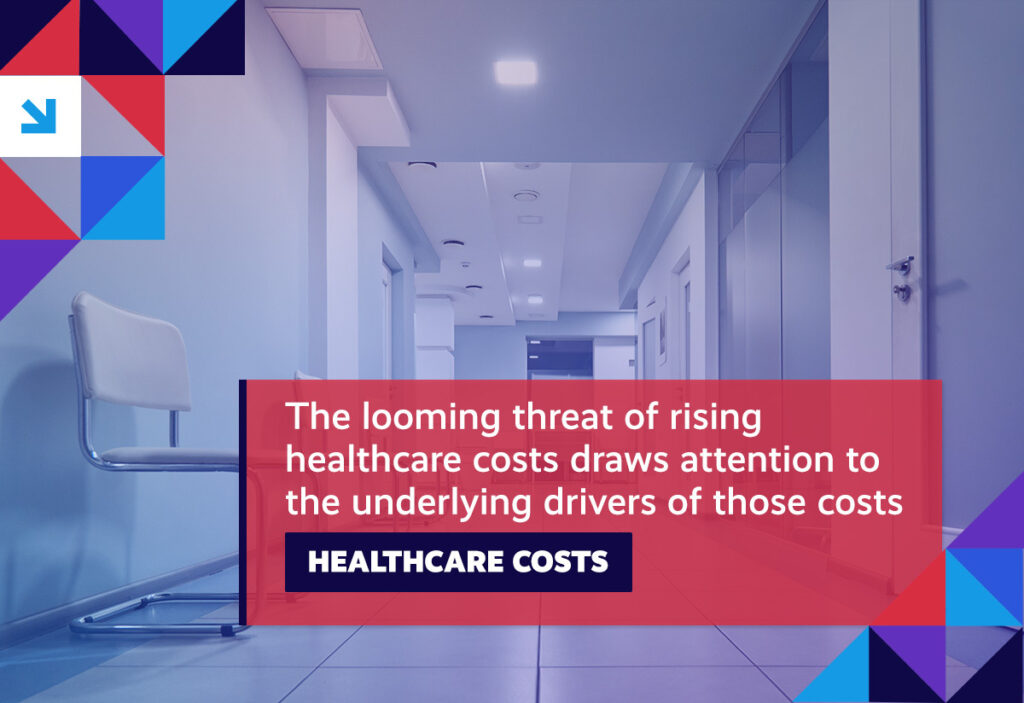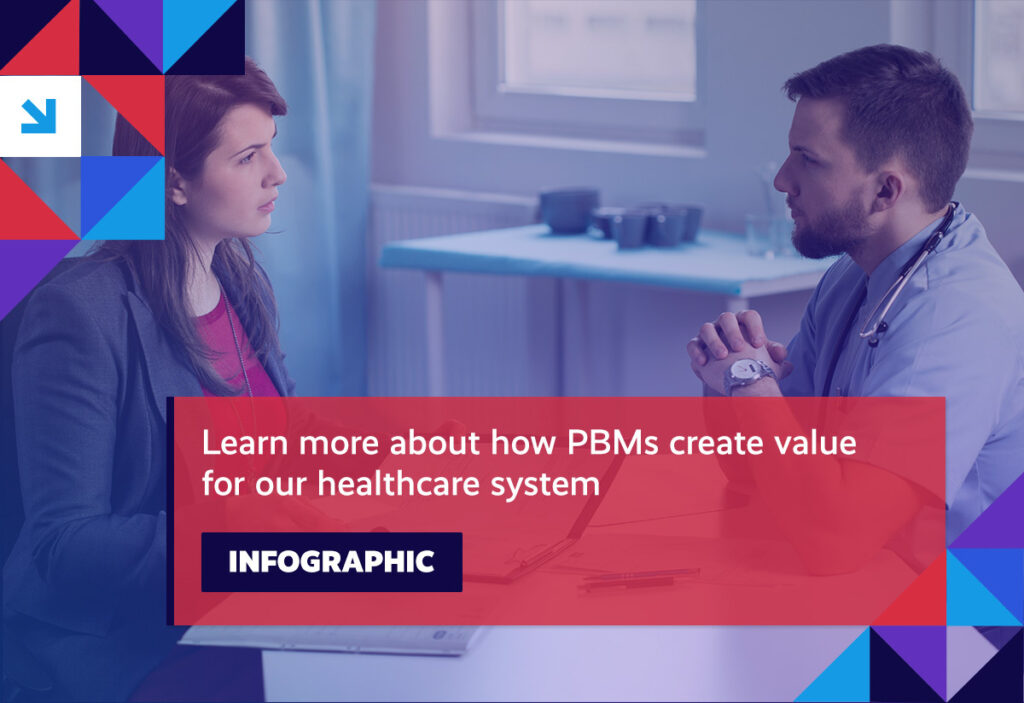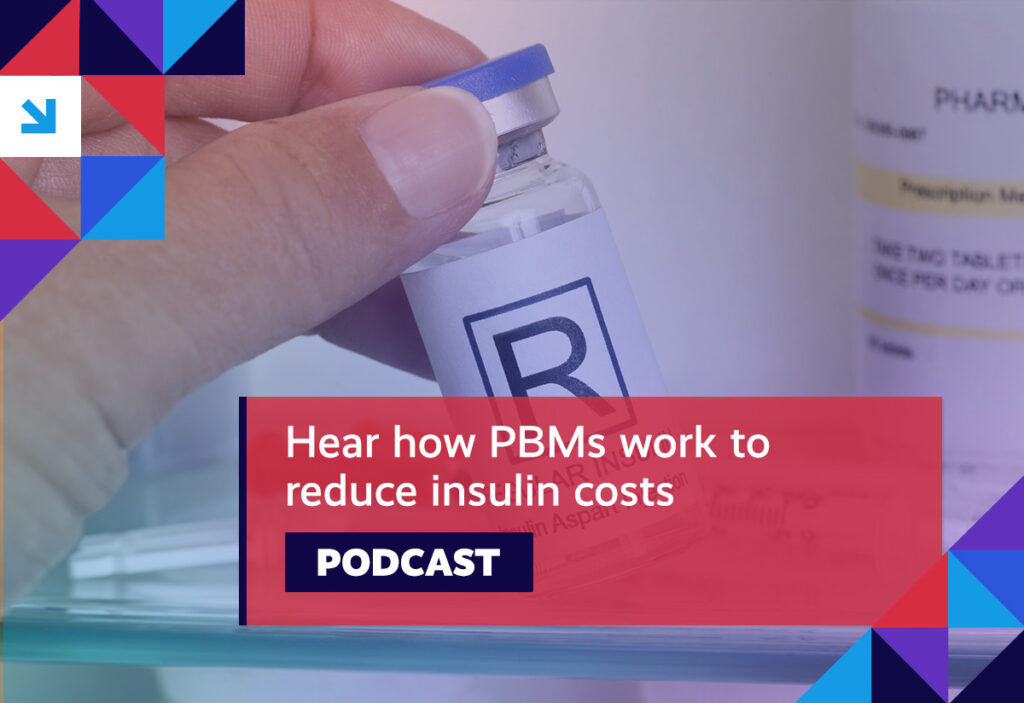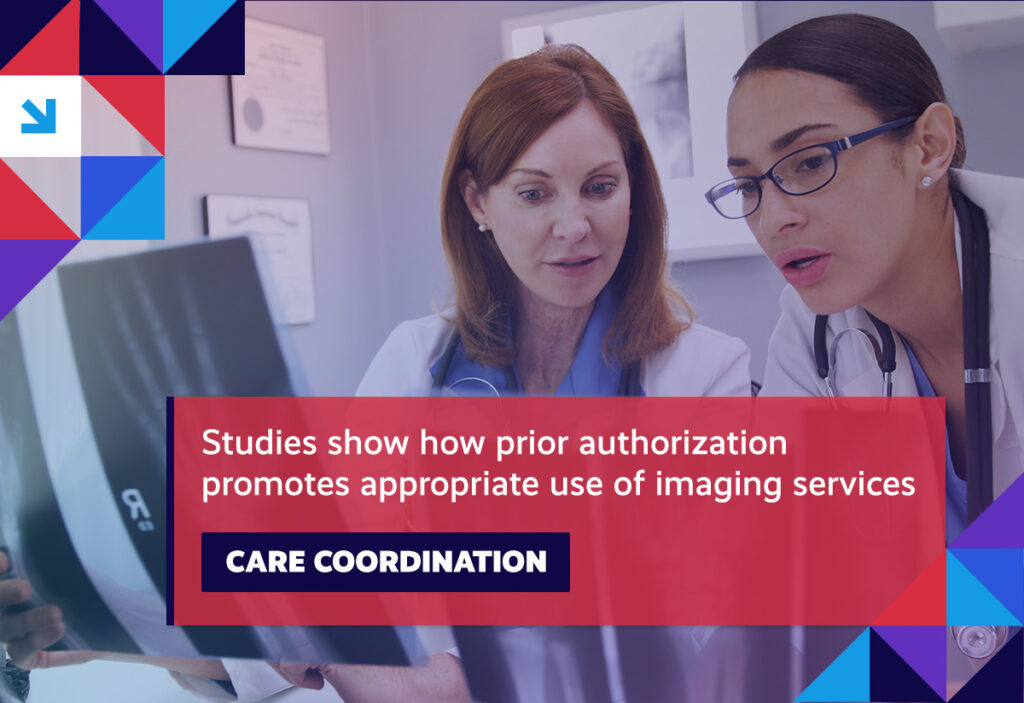A quick roundup of the issues driving the healthcare reform conversation.
Item of the Week

Week in Review
EMPLOYER COSTS New surveys highlight the impact of rising healthcare costs on employers.
Quick takeaway: Although estimates differ, with one survey estimating a 4 percent increase and another a 6 percent increase, employers expect their healthcare costs to go up next year.
Further context: In fact, two-thirds of employers say that controlling healthcare costs will be a priority for them over the next 3 years, with an even higher percentage saying they anticipate moderate to significant increases over that period.
What it means: A separate survey underscores how rising healthcare costs are affecting employers. Specifically:
- 73 percent agree that rising costs impact salary or wage increases.
- 82 percent agree that rising costs impact their organization’s ability to remain competitive.
Additionally, the vast majority of respondents (nearly 8 out of 10) consider hospital prices, drug prices, and high-cost claims as significant threats to the affordability of employer-provided healthcare coverage.

PBM VALUE A recent study estimates that pharmacy benefit managers (PBMs) create $145 billion in annual value.
Quick takeaway: Despite the heated rhetoric aimed at undermining their value proposition, PBMs continue to play a pivotal role in connecting consumers to their medicines affordably and safely. Among the takeaways from the analysis:
- For every $1 invested in their services, PBMs return $7 of value to the system.
- As a result of their efforts, PBMs also generate $148 billion in annual savings.
Further context: Stakeholders have started to defend PBMs, countering the narrative being advanced by Big Pharma, including:
What it means: All the energy being spent attacking PBMs only serves to distract from the real issue – namely, that pharmaceutical manufacturers are ultimately responsible for the rising cost of prescription drugs.

INSULIN COSTS More than 1.3 million Americans didn’t take their insulin due to cost.
Quick takeaway: According to a new study published in the Annals of Internal Medicine, the escalating cost of the life-saving drug resulted in over 16 percent of adults in this country skipping, delaying, or otherwise rationing their diabetes medicine.
Further context: A U.S. Senate Finance Committee report last year revealed that just three companies – Novo Nordisk, Sanofi, and Eli Lilly – controlled 99 percent of the insulin marketplace and have marched in lockstep to limit competition and increase prices:
- Over the past decade, the three companies have aggressively raised the list price of their drugs absent any improved efficacy.
- Between 2012 and 2014, Sanofi increased its list price in response to market pressure and competition.
- Novo Nordisk and Sanofi closely monitored each other’s price increases and engaged in “shadow pricing.”
What it means: Against this backdrop, stakeholders are quick to remind policymakers of the role that PBMs already play in helping consumers afford insulin.

TCPA Regulatory barriers complicate outreach to Medicaid enrollees.
Quick takeaways: The Telephone Consumer Protection Act (TCPA) regulates auto-dialed and pre-recorded calls and texts to consumers, with different requirements depending on the type of message being delivered and the person being contacted. All this is to say that the TCPA creates barriers to important communications that help people enroll or retain their healthcare coverage.
Further context: Earlier this year, the Federal Communications Commission (FCC) issued a request for public comment in response to a letter it had received from the Department of Health & Human Services (HHS) and the Centers for Medicare & Medicaid Services (CMS) seeking confirmation that certain limited enrollment communications were permissible under the TCPA.
What it means: This is especially important with regards to continuous healthcare coverage for enrollees in the Medicaid program once eligibility redeterminations restart the month after the public health emergency (PHE) comes to an end.
Stakeholders across the healthcare spectrum weighed in supporting HHS’ and CMS’ interpretation that the TCPA allowed for this type of outreach, including:
- America’s Health Insurance Plans (AHIP)
- Blue Cross Blue Shield Association (BCBSA)
- Medicaid Health Plans of America (MHPA)
- Healthcare Leadership Council (HLC)
Spotlight

| You can keep up with the latest by following the Health Action Network on Twitter and by liking us on Facebook. And, be sure to check us out on LinkedIn, too. As always, let us know if there’s something you’d like to see covered in a future newsletter. |
